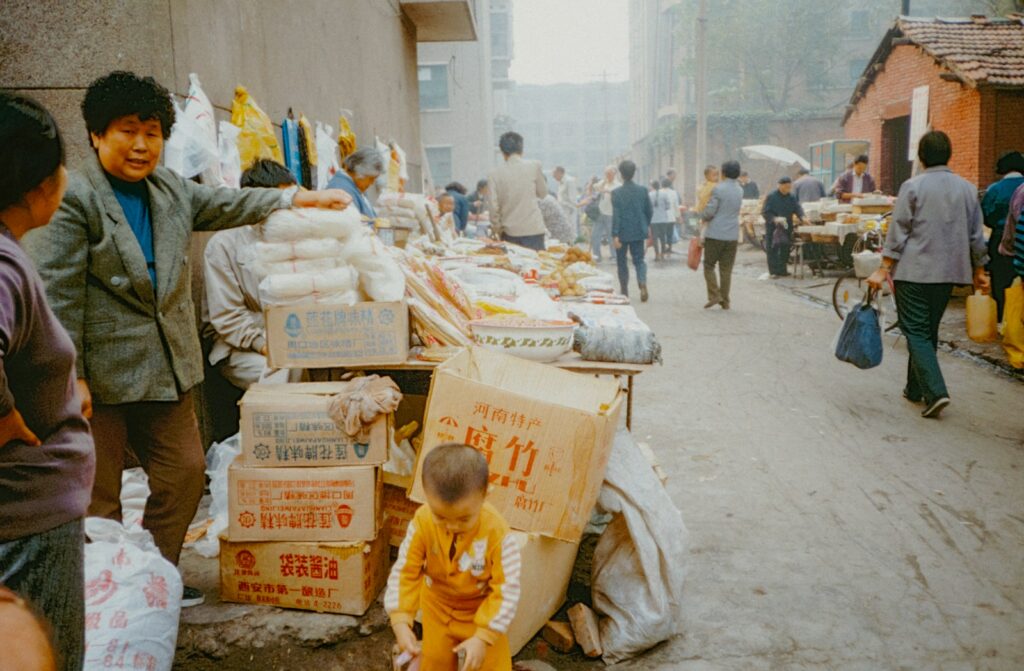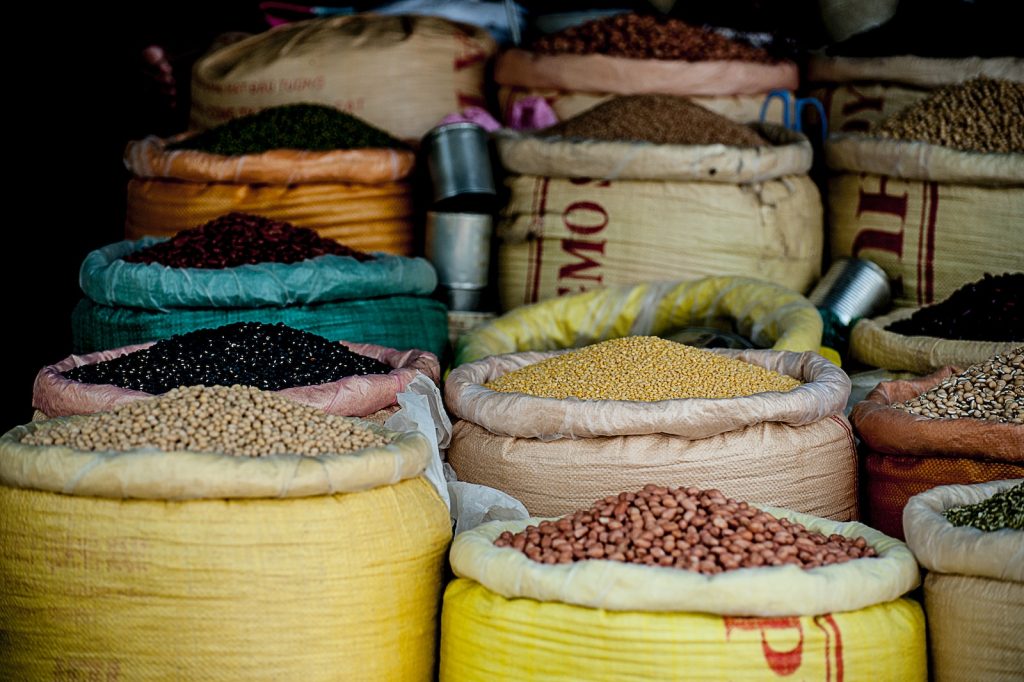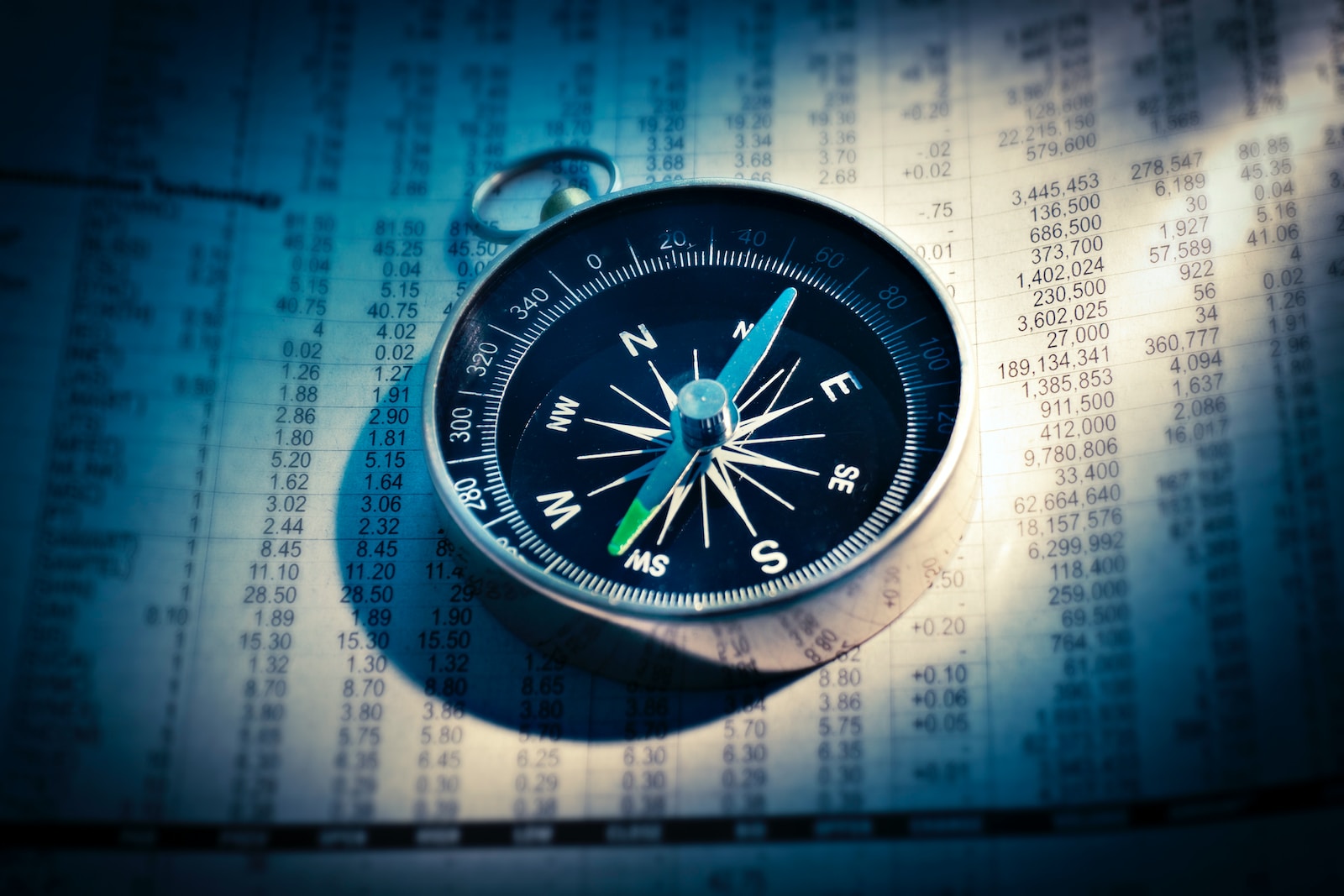The German economy grew surprisingly significantly in the first quarter of this year, by 0.4%. As some one-off effects favoured this development, the second quarter is likely to be weaker. In the meantime, a new government is in office. The Union had announced comprehensive economic reforms. However, it remains to be seen to what extent...

Doctorate of Erik Haustein
It is with great pleasure and recognition that we also congratulate our colleague Erik Haustein on the successful completion of his doctorate. His outstanding scientific performance, commitment and curiosity have distinguished him throughout his doctoral studies. We are all the more pleased that he will...

Tracking Chinese aid through China Customs
A new method using Chinese customs data on exported aid goods reveals shifts in China's foreign aid. During COVID-19, medical aid, especially masks and vaccines, surged, becoming globally distributed and initially less tied to recipient needs or political alignment. However, a beginning vaccine diplomacy from...

Doctorate of Marina Eurich
We congratulate our colleague Marina Eurich on successfully completing her doctorate, which honors her outstanding scientific work! We are pleased that she continues to enrich the institute with her knowledge and commitment.

HWWI-Commodity Price Index Declines: Energy Prices Lead the Downturn
After months of growth, the HWWI-Commodity Price Index recently recorded significant declines, driven by weak demand and geopolitical uncertainty. After rising continuously since October, the HWWI-Commodity Price Index recorded negative growth rates over the past three months (February: -1.4%, March: -4.6%, and April: -7.6%). As...

Melting Opportunities: Technological Change and Labor Market Perspectives
This paper analyzes the impact of a technological shock on the labor market based on the spread of electric refrigerators in American households in the 1930s. This shock caused many ice dealers to go out of business or change jobs. The new jobs were often...

Hamburg Airport – Assessing Its Regional Economic Role
The aim of the study is to systematically illustrate the regional economic significance of Hamburg Airport. The focus is on the multiplier effects, which demonstrate the close sectoral interconnection between the airport and the Hamburg metropolitan region. Each euro of direct value added generated at...

Moment Matching for Bayesian Inference in the New–Keynesian Baseline Model
In applied macroeconomics, identification problems originate from the poorly defined mapping between a structural model and reduced-form parameters. Prominent estimation approaches like the Bayesian one, however, are characterized by a flat likelihood and/or a posterior distribution driven mainly by prior information. To alleviate identification issues,...

Focus topics
Our regular events

On the HWWI
Hamburg World Economic Institute (HWWI) is an independent, privately financed economic research institute. In addition to the headquarters in Hamburg, the HWWI has a branch in Bremen. It is organized as a non-profit GmbH; the only shareholder is the Hamburg Chamber of Commerce. HWWI closely cooperates with Helmut Schmidt University/University of the Armed Forces Hamburg (HSU).





